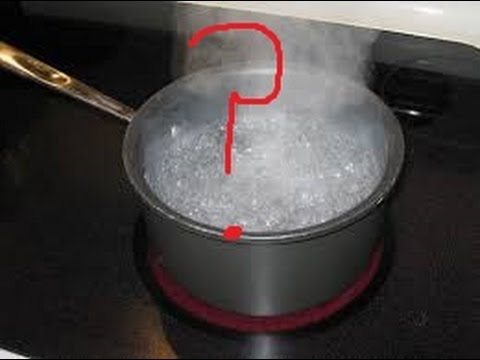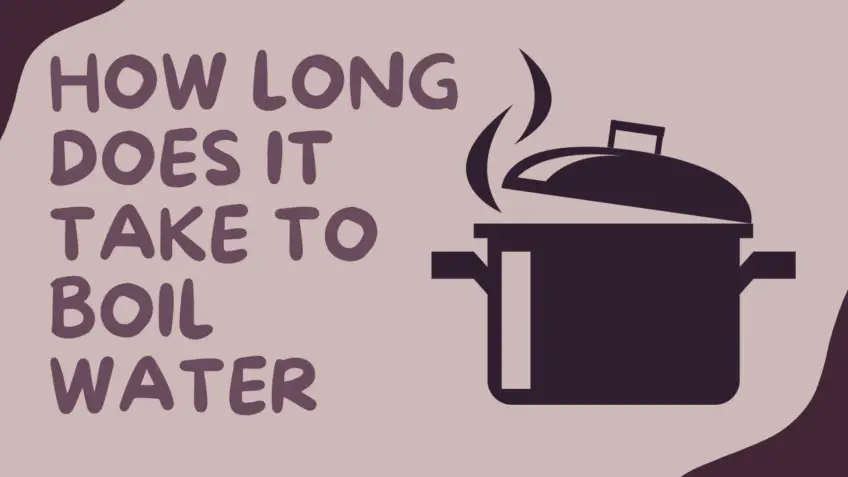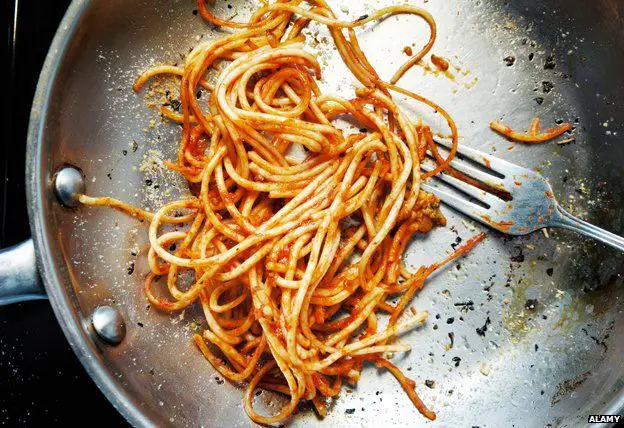Dishwashing liquid is an essential household item used for cleaning dishes, utensils, and other kitchenware. It is formulated with different ingredients to remove dirt, grease, and food stains effectively. In some cases, people may wonder whether they can boil dishwashing liquid for various purposes, such as disinfecting dishes or removing stubborn stains. In this article, we will explore the question of whether you can boil dish soap and its implications.
##Composition of Dishwashing Liquids
Dishwashing liquids are composed of several ingredients that determine their cleaning properties. The most common ingredients found in dish soap include water, surfactants, enzymes, preservatives, fragrances, and colorants.
Surfactants are the primary cleaning agents in dish soaps that make them effective in removing dirt and grease. They have a hydrophobic (water-repelling) tail and a hydrophilic (water-loving) head that allows them to break down and remove grease from surfaces.
Enzymes are natural proteins that help break down food residue on dishes. Preservatives are added to extend the shelf life of the dish soap.
Fragrances are used to create pleasant scents while colorants provide aesthetic appeal. These ingredients contribute to the overall cleaning efficacy of the product.
It’s important to note that not all ingredients in dish soap are safe to boil. Some chemicals may become toxic and unsafe when exposed to high heat.
##Effect of Boiling on the Cleaning Power
Boiling dish soap can potentially impact its cleaning power by altering the chemical structure of certain ingredients. When you boil liquids, it causes an increase in temperature which could result in changing their composition.
Boiling any liquid is known to increase its surface tension which could make it more difficult for surfactants to dissolve effectively since they rely on reducing surface tension to work best. For instance, boiling dishwashing liquid can damage surfactant molecules resulting in a loss of their cleaning ability.
Consequently, boiling dish soap could potentially affect the detergent’s properties and reduce effectiveness in removing dirt and grease.
##Boiling Dish Soap for Disinfecting Purposes
Some people boil dish soap as an alternative method for disinfecting dishes. Disinfecting is a process of eliminating harmful microbes and bacteria from surfaces.
While some dish soaps contain antibacterial ingredients that can help kill certain germs and viruses, boiling may not be an effective alternative method for disinfecting dishes by itself. Relying on heat alone cannot guarantee complete sanitation.
It’s important to note that boiling removes water content from liquids, and especially when done over a prolonged period. Heat also can cause evaporation which can lead to more concentrated solutions if not observable care is taken.
To effectively disinfect dishes, it’s essential first to remove any visible dirt or food residue, then use appropriate products designed to kill germs. This process requires using EPA-registered disinfectants, sanitizers or bleach solutions that are formulated to eliminate bacteria and viruses from surfaces.
##Boiling Dish Soap as a DIY Stain Remover
Heating up dish soap in boiling water activates its cleaning properties which could help remove different types of stains like oil residue or grime stuck on pans and pots. Boiling dish soap enhances its cleaning capability making it easier to remove heavy grease or other stubborn oils.
Here are the steps on how you can create a homemade stain remover using boiled dish soap:
1. Fill a container with hot water enough to submerge the stained item
2. Add 1-2 tablespoons of dishwashing liquid
3. Allow the solution to cool down until it is possible to touch comfortably
4. Submerge the stained item into the solution
5. Let it soak for about 30 minutes before rinsing with clean water.
This homemade remedy works by activating the cleaning properties of dish soap, and it’s an effective way to remove stubborn stains without resorting to expensive stain removers.
##Safety Concerns when Boiling Dishwashing Liquid
While boiling dish soap can have its benefits, it’s essential to be aware of potential safety hazards associated with heating up cleaning products. It is highly discouraged to boil some types of dish soap that contain certain chemicals like bleach or ammonia. These ingredients cause harmful vapors that are dangerous to inhale.
When overheated, these chemicals can react with other compounds found in dish soap or household cleaners, leading to the release of noxious gases. Always read the instructions before boiling dishwashing liquid and ensure you know what you’re working with before proceeding.
##Other Alternate Methods for Enhancing Dish Soap Cleaning Power
Besides boiling, other methods can be used to enhance dishwasher cleaning power. One such procedure is preheating water before using detergent. This method works by dissolving tough grime and grease, making it easier for the cleaning agents in the dishwasher soap to work more efficiently.
By using hot water instead of cold, you also save energy as the dishwasher doesn’t have to heat the water up from scratch. Alternatively, adding baking soda or vinegar before adding your regular amount of dish soap can also help enhance cleaning efficacy and cut through stubborn grease.
##Conclusion
Boiling your dishwashing liquid may seem like a simple solution for multiple problems, but it’s essential to understand the implications associated with heating any chemical. Boiling could impact its effectiveness by altering its chemical composition or leading to hazardous reactions.
Boiling dish soap can be helpful in removing certain types of stains and grime as a home remedy; however, caution should be taken not to overheat or use household detergents containing ammonia or bleach because their fumes are toxic when heated.
Where disinfecting dishes is concerned, using an EPA-registered disinfectant is the best solution as boiling alone cannot eliminate harmful microbes. Finally, always read the instructions on the bottle before using any cleaning product and consider more eco-friendly alternatives.
##References
– Caroline Kee, 2016, Can You Boil Dish Soap To Clean? An Expert Explains This Odd Cleaning Trend. Buzzfeed.
– Illinois Poison Center, 2021, The Truth About Disinfectants: Q&A with IPC’s Medical Director. IPC Blog.
– Stained and Tainted, n.d., How to Use Dish Soap to Remove Grease Stains from Clothes. Stained and Tainted.
– University of Wisconsin Madison Division of Extension, 2020, Cleaning Products and Sanitizers Fact Sheet. University of Wisconsin Madison Extension.
###Further reading
-Temperature Acceptable for Various Wastes by The National Academies Press (free chart on temperature recommendations for different waste levels)
Frequently Asked Questions
Can dishwashing liquid be boiled?
Yes, dishwashing liquid can be boiled, but it is not recommended to do so. Boiling dishwashing liquid may alter its composition and reduce its effectiveness in cleaning dishes.
Will boiling dishwashing liquid make it more effective at removing tough stains?
Boiling dishwashing liquid may not necessarily make it more effective at removing tough stains because the composition of the detergent may change when heated. It is best to follow the instructions on the packaging and use the detergent as recommended for optimal results.
What happens when I boil dishwashing liquid?
Boiling dishwashing liquid can cause it to break down and lose its effectiveness in cleaning dishes. It may also release harmful fumes which can be dangerous if inhaled. It is highly recommended to avoid boiling dishwashing liquid.
Can I boil dishwashing liquid to disinfect my dishes?
No, boiling dishwashing liquid will not effectively disinfect your dishes. Instead, it is best to use hot water and soap for cleaning dishes and a separate disinfectant product for added protection against germs.







